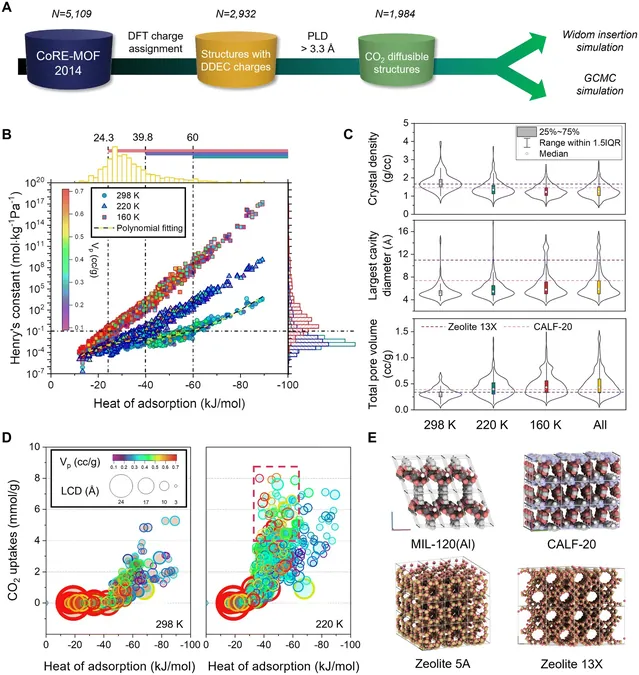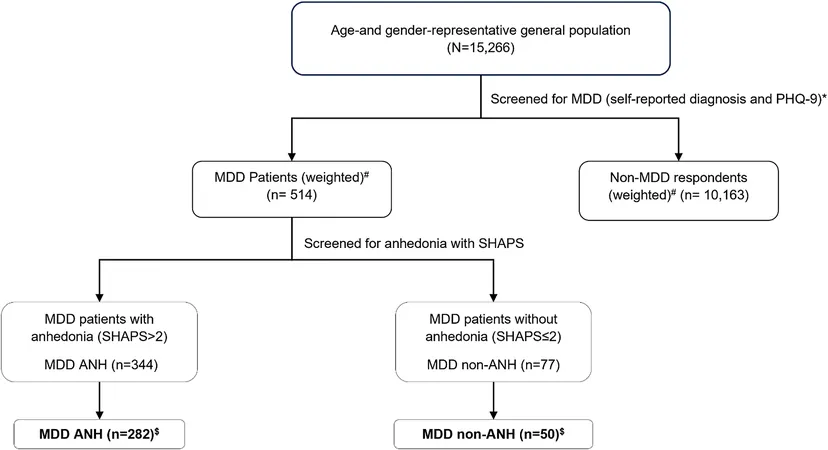
Can Behavioral Science Save Lives? Shocking Failure in Hypertension Medication Adherence Study!
2025-05-27
Author: Nur
The Shocking Reality of Medication Nonadherence
A recent study published in JAMA Network Open has revealed a startling truth: innovative behavioral science techniques intended to improve adherence to hypertension medication have FAILED! Despite hopes that strategies like social norms and effective communication could boost adherence rates, researchers found no significant improvement.
The Consequences of Nonadherence
Hypertension, a silent but deadly condition, significantly raises the risk of heart attacks and strokes. Yet, adherence to prescribed medication remains alarmingly low, with rates ranging from just 40% to 74%. According to the researchers, nonadherence is a major contributor to unnecessary disability and death, especially among middle-aged and older adults.
Understanding Medication Adherence
Medication adherence is defined as how well a patient's behavior aligns with their healthcare provider’s recommendations—be it taking medications, adopting a healthier diet, or making lifestyle changes. Many who fail to follow these guidelines are essentially choosing nonadherence, putting their health at serious risk.
New Challenges Call for New Approaches
Recognizing the complexity of medication adherence, researchers have begun to seek new frameworks for understanding its causes. It’s clear that adherence isn’t simply black and white; it’s an evolving process influenced by multiple factors and stakeholders.
The Study That Tried to Make a Difference
To tackle the issue head-on, the latest study conducted a rigorous randomized clinical trial involving over 64,000 Medicare beneficiaries aged 65 to 80. Participants, all taking hypertension medication, were divided into seven groups, each receiving different mailing interventions aimed at improving their adherence.
The Disappointing Findings
Despite the extensive effort, the results were underwhelming. The trial found no statistically significant differences in adherence rates among the different mailing strategies. Even the placebo group fared equally, echoing previous studies that showed limited effects of communication-focused interventions on medication adherence.
What’s Next for Improving Adherence?
With traditional methods falling short, researchers are calling for innovative solutions to increase medication adherence rates. Suggestions include enhancing communication strategies, increasing the frequency of outreach, and exploring alternative channels, such as telephonic or digital interventions.
A Call to Action
The study's authors remain hopeful, concluding that, despite the lack of immediate success, there are several promising avenues for future exploration. Only through continual research and experimentation can healthcare professionals hope to crack the code of medication adherence and ultimately save lives.
Join the Conversation!
Are you ready to revolutionize your pharmacy practice? Sign up for our free Drug Topics newsletter and stay updated with the latest medication information, industry trends, and patient care tips that could make a difference!




 Brasil (PT)
Brasil (PT)
 Canada (EN)
Canada (EN)
 Chile (ES)
Chile (ES)
 Česko (CS)
Česko (CS)
 대한민국 (KO)
대한민국 (KO)
 España (ES)
España (ES)
 France (FR)
France (FR)
 Hong Kong (EN)
Hong Kong (EN)
 Italia (IT)
Italia (IT)
 日本 (JA)
日本 (JA)
 Magyarország (HU)
Magyarország (HU)
 Norge (NO)
Norge (NO)
 Polska (PL)
Polska (PL)
 Schweiz (DE)
Schweiz (DE)
 Singapore (EN)
Singapore (EN)
 Sverige (SV)
Sverige (SV)
 Suomi (FI)
Suomi (FI)
 Türkiye (TR)
Türkiye (TR)
 الإمارات العربية المتحدة (AR)
الإمارات العربية المتحدة (AR)